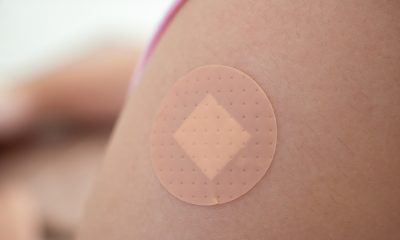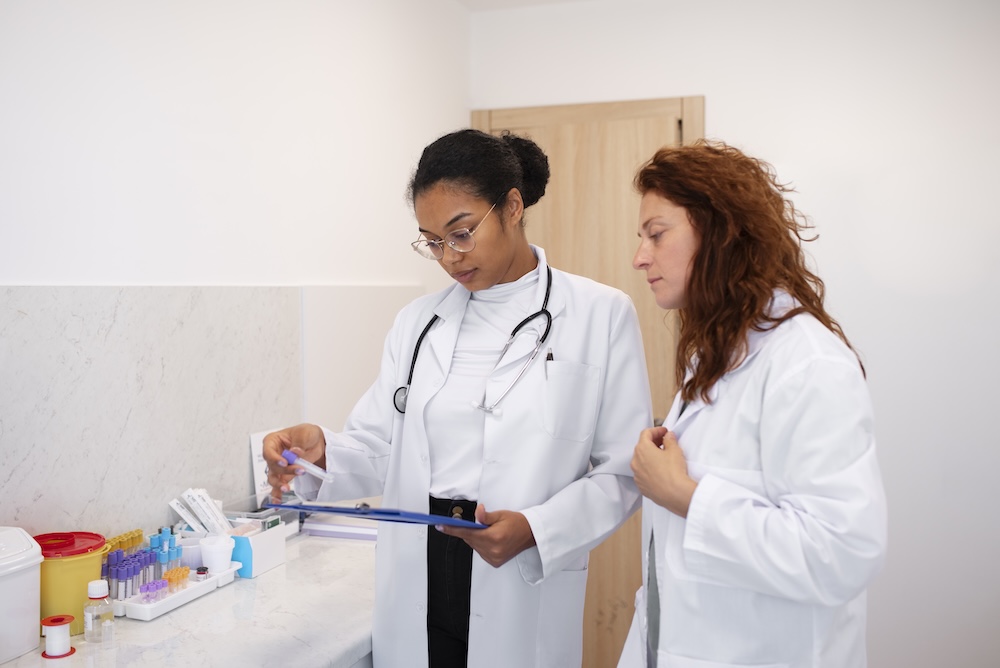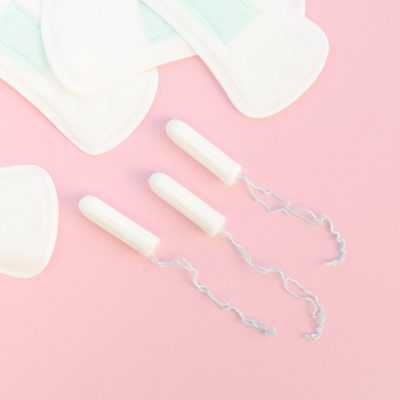News
British entrepreneur launches the first online marketplace for menstrual care

Hannah Samano launches the first menstrual care platform, aiming to change the menstruation narrative
Unfabled is the first menstrual wellbeing platform where women could find the products that they need during their cycle form a range of independent, women-owned businesses.
Founded by British entrepreneur, Hannah Samano, Unfabled aims to become women’s go-to place for sustainable, ethically sourced and plastic-free menstrual products, from first period to menopause.
“In a world where mainstream menstrual brands are garish and where sterile supermarket aisles labelled ‘feminine hygiene’ are often situated next to the pet food aisle, purchasing menstrual products just doesn’t make us feel good,” says CEO and founder, Hannah Samano, who previously worked for the multinational company Unilever.
“I founded Unfabled because I want to see a world where our self-esteem is not negatively affected by our periods,” the founder explains. “For me this starts by changing how we think about and purchase products for our menstrual self-care, by centering menstruation at the heart of how we build our wellness rituals and by building the first shop for period wellness.”
A recent survey carried out by Bloody Good Period and Fever suggested that 59 per cent of its participants have a negative experience with their periods and 73 per cent of them struggle to do their work because of it.
Unfabled wants to change the way people think about and shop for their periods, prioritising menstrual and hormonal health and celebrating women’s needs.
For more information, visit unfabled.co.
-

 News4 weeks ago
News4 weeks agoAI embryo selection tool wins European approval
-

 News2 weeks ago
News2 weeks agoOpinion: Not ‘just stress’ – How hormonal changes affect women’s brain function
-

 News4 weeks ago
News4 weeks agoTestosterone patch shows promise for menopausal women
-

 Features3 weeks ago
Features3 weeks agoTop 7 drug-free solutions for managing PMS and PMDD in in 2025
-

 Features4 weeks ago
Features4 weeks agoFrom SEO to GEO: How women’s health brands can get found in the age of AI
-

 News4 weeks ago
News4 weeks agoFDA approves new menopause drug to treat hot flashes and night sweats
-

 Insight4 weeks ago
Insight4 weeks agoSpain faces protests over mammogram scandal
-

 News4 weeks ago
News4 weeks agoMost midlife women with menopause symptoms don’t seek care, research finds
































Pingback: US marketplace raises US$3m to ’empower’ health innovators - FemTech World